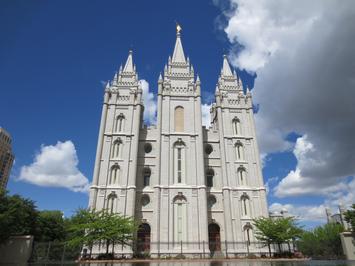
I coined the portmanteau murbanism some years ago on a trip to Salt Lake. Mormon urbanism is shorthand for a theory I have about adaptation and resilience. The term connotes a place that has all the qualities that should result in long term failure, but will probably thrive because of the local culture. Murbanism doesn’t necessarily have to involve a single Mormon. Let me explain…
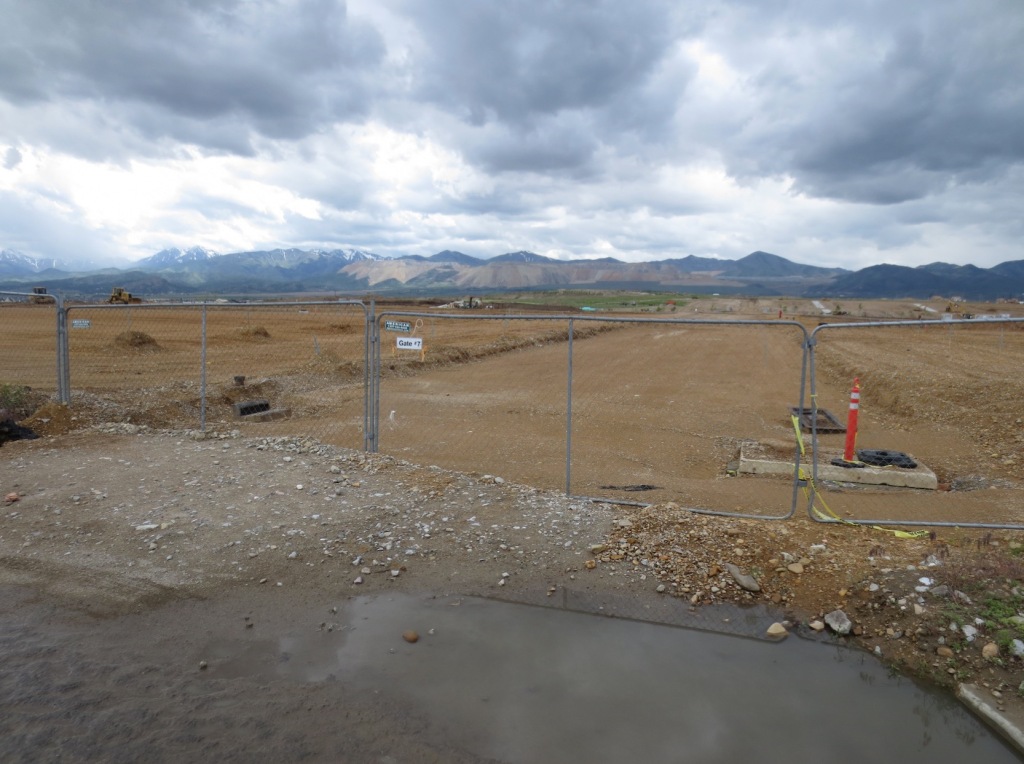
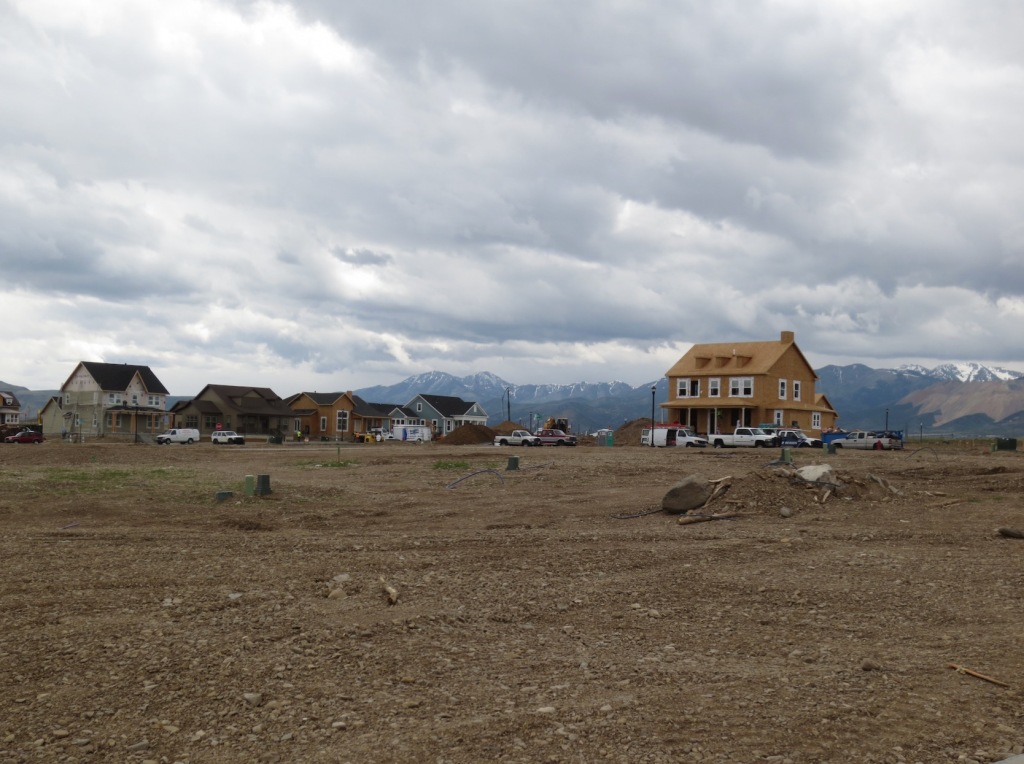
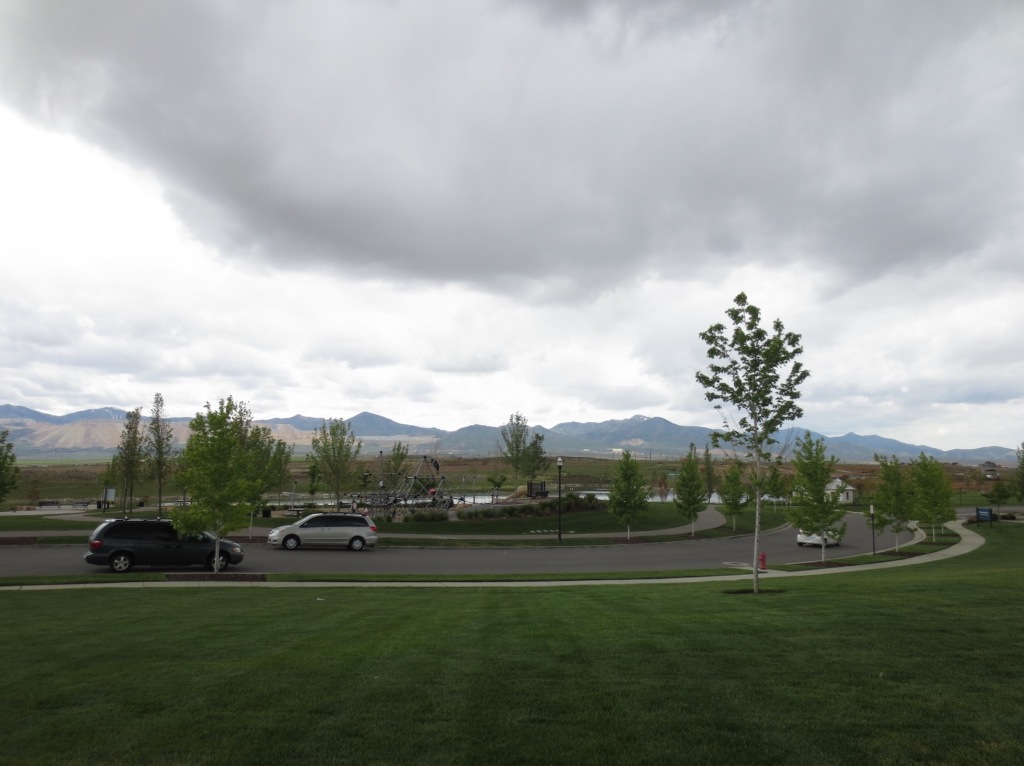
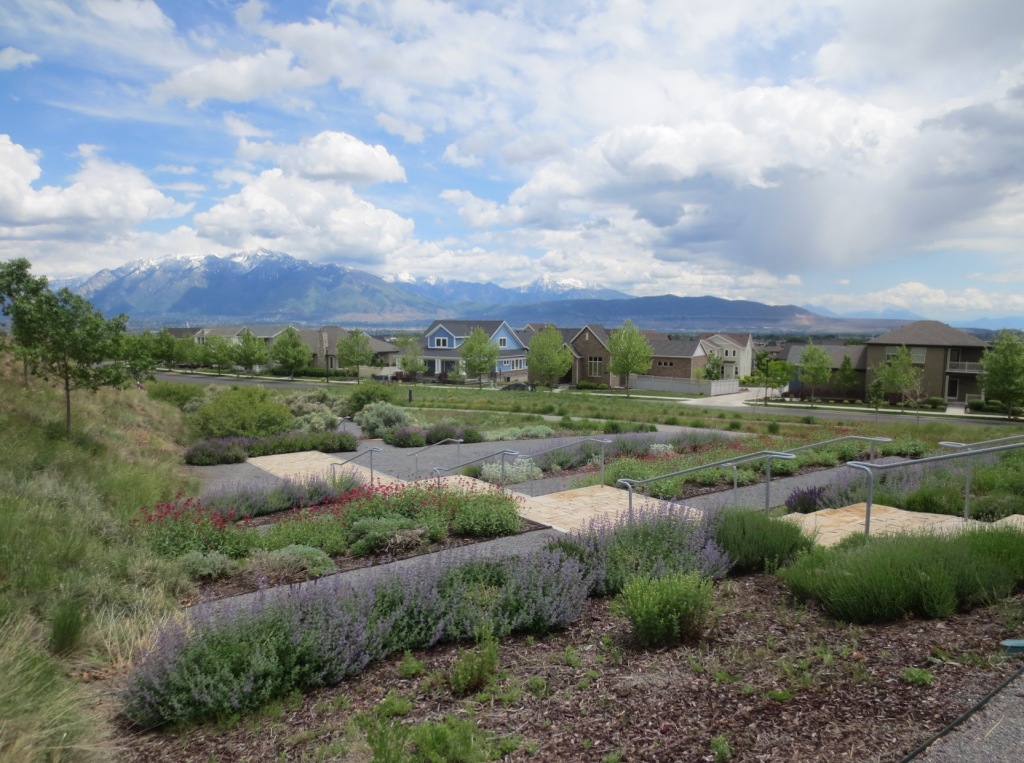
Let’s say you have two nearly identical towns. Picture typical late twentieth century auto oriented strip mall and tract home blah, blah, blah nowhere near anything. They could be physically beautiful places. They could be comfortable and affordable. They could even be prestigious and exclusive. But they’re entirely dependent on daily deliveries of refrigerated food and a steady trickle of fuel and water from some remote supply chain involving elaborate pumps and pipelines. The primary sources of revenue for these towns come in the form of pension checks, work that requires a forty five minute commute, and massive but hidden subsidies from the state and federal government.
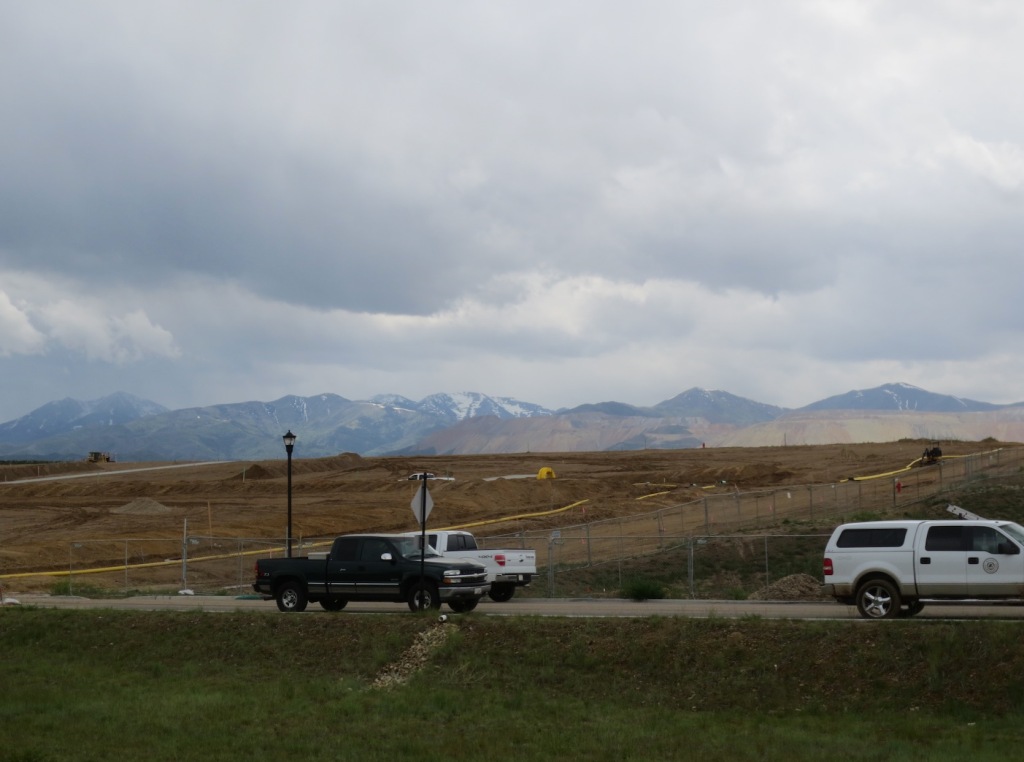

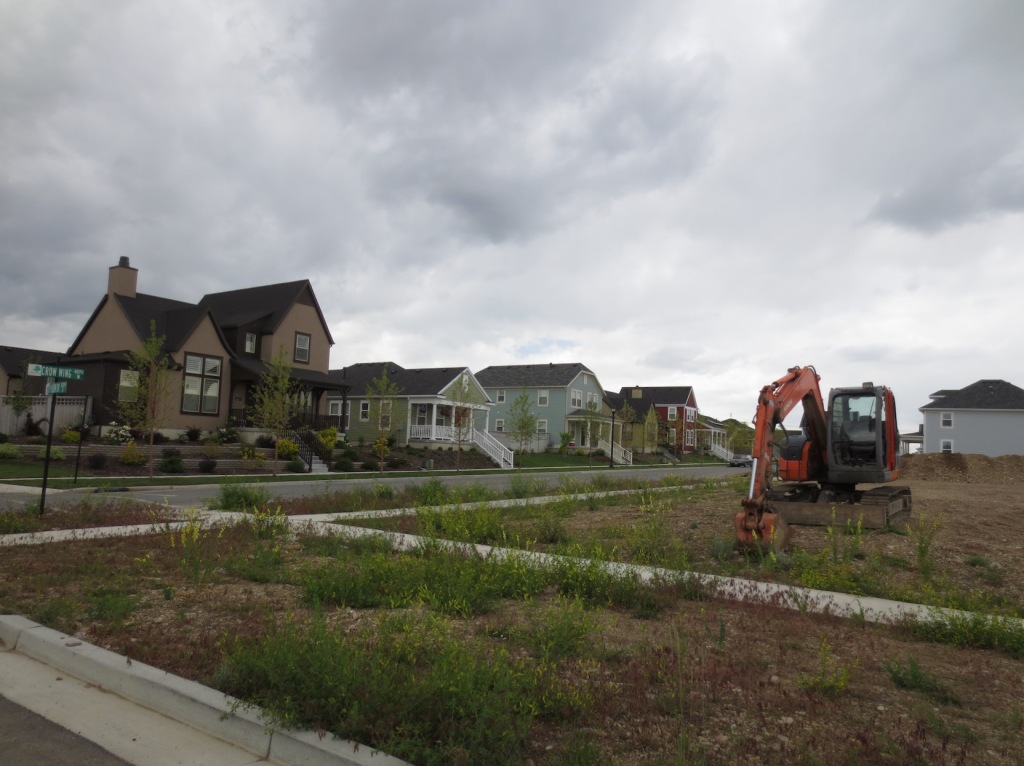
One town is populated by a motley assortment of unaffiliated residents who drifted in a few years ago from New Jersey, Iowa, California, and Illinois. They were looking for relatively affordable houses, low taxes, and sun in winter. They’re not “joiners.” They like their privacy. The gated community and homeowners association do most of the heavy lifting in terms of public engagement. If anyone wants to be around other people they can drive to the mall.
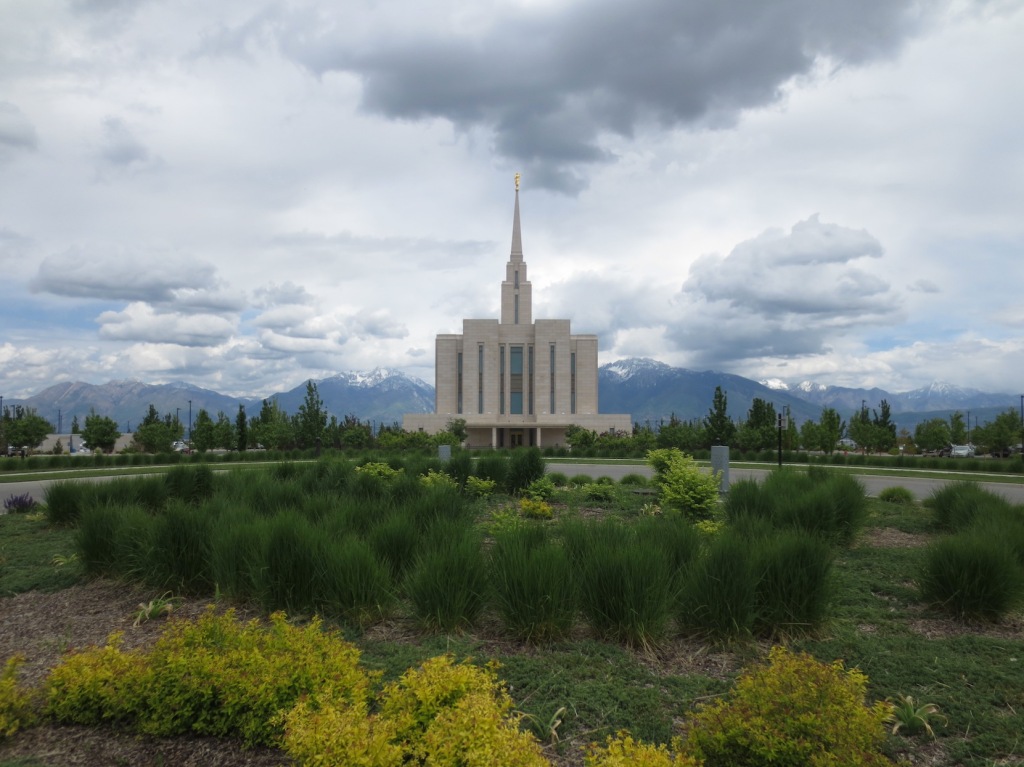
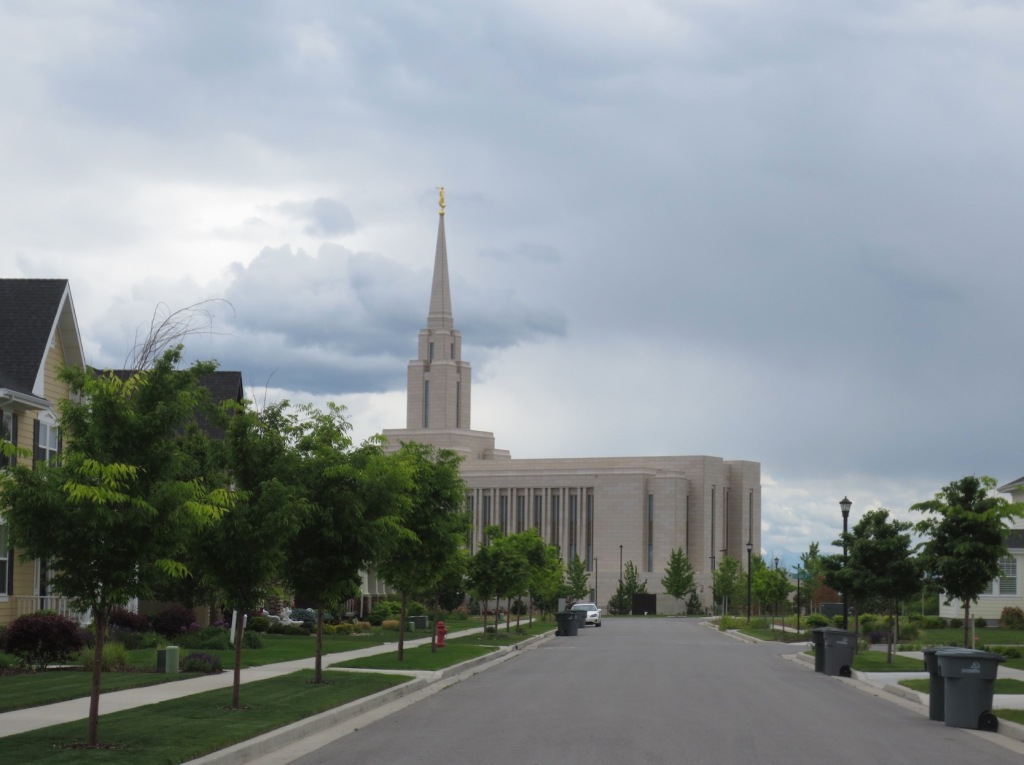
The other town is predominantly Mormon and organized in a single stake. Which town is likely to hold up better over time? Which is probably better able to respond in a rational and organized fashion in a crisis? Which town can we expect to reexamine its fundamentals and thoughtfully redirect its collective energy if circumstances were to compel serious change?
Here’s another example. Which place has better keeping qualities? Israel or Dubai? Spot the difference?
Murbanism isn’t about the physical form of the town, or any of the buildings, or the town’s location. It’s about how the people who live there relate to each other and how well they can function together in good times and bad.
I’m not a Mormon. In fact I’m the opposite of a Mormon if such a thing exists. But I recognize a resilient and durable culture when I see it. I think we can all learn a great deal from the Mormon experience and adapt those lessons to our own particular circumstances.
John Sanphillippo lives in San Francisco and blogs about urbanism, adaptation, and resilience at granolashotgun.com. He's a member of the Congress for New Urbanism, films videos for faircompanies.com, and is a regular contributor to Strongtowns.org. He earns his living by buying, renovating, and renting undervalued properties in places that have good long term prospects. He is a graduate of Rutgers University.












